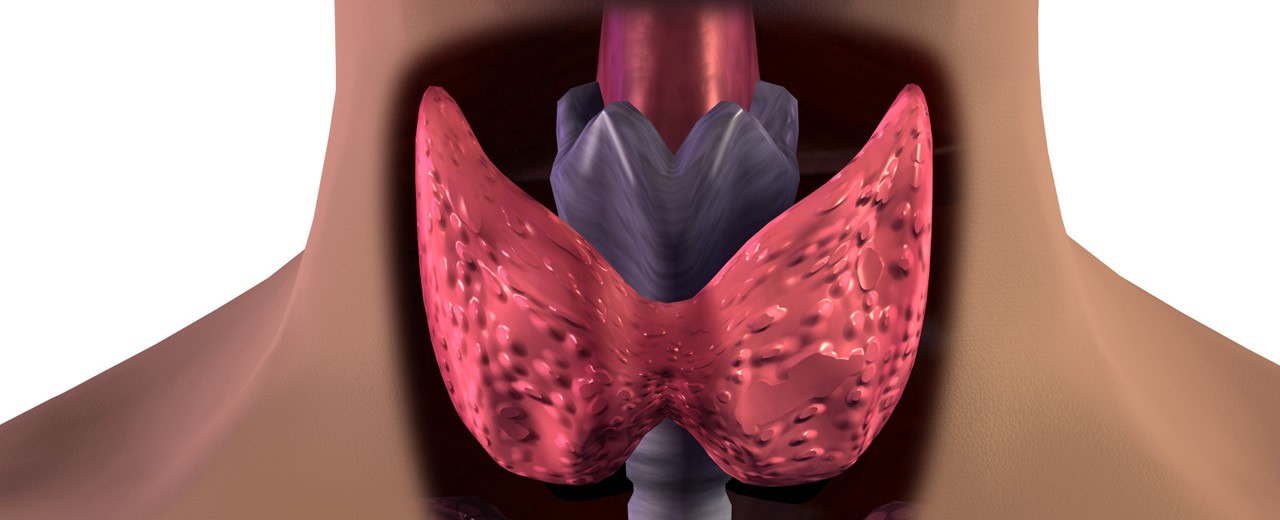Thyroid, fertility and ovulation

How does thyroid dysfunction affect ovulation and fertility in general
Does thyroid dysfunction interfere with my ability to conceive?
Sometimes - but certainly not always - thyroid disease can affect your fertility. According to recent researches, several common problems caused by thyroid dysfunction are anovulation and menstrual disorders.
Thyroid dysfunction can prevent ovulation by upsetting the balance of the body's natural reproductive hormones. One way to find out if you are ovulating is to use our ovulation tests and see if luteinizing hormone (LH), the hormone responsible for ovulation, reaches its peak. LH stimulates the ovaries to release an egg. If there is too much or too little thyroid hormone, ovulation may not occur.
Remember ... even if you have a normal period, you may not ovulate.
In addition, some women experience a short luteal phase. The luteal phase is the time frame between ovulation and the beginning of menstruation. The luteal phase should normally last from 13 to 15 days - to "nurture" a fertilized egg. A short luteal phase can cause infertility seemingly, but in reality it is a failure to maintain a fertilized egg.
Scientists who study the subject in depth say that the mechanisms of the thyroid gland that affect fertility are not 100% known to them, but certainly the problems of thyroid function affect fertility. For example, hypothyroidism can cause an increase in prolactin, the hormone that induces and maintains the production of breast milk after childbirth. Excess prolactin has a negative effect on fertility, sometimes preventing ovulation and sometimes causing irregular or absent menstruation. The increase in prolactin can be caused by an increase in a hypothalamic hormone called TRH (or thyrotropin-releasing hormone) that stimulates the pituitary gland to release prolactin and TSH.
Some women with hypothyroidism also have Polycystic Ovary Syndrome (PCOS) or ovarian cysts, which prevent ovulation or cause fertility problems.
This all may sound bad and women may wonder if it is worth trying and how they will eventually increase the chances of getting pregnant.
Yes, it's worth the effort, as there are so many stories with a happy ending! You shouldn’t think that it is a long and hard process, but that you should prepare a few things beforehand, so that you start trying for a baby.
First of all, talk to your doctor about the right time you should try to conceive. Many doctors believe that TSH values of 3 mIU/L, 4 mIU/L, or even 5 mIU/L are perfectly acceptable when a woman is trying to conceive. Normal values for a non-pregnant woman are from 0.4 to 5.0 mU/L. Beyond that, in the first quarter it is from 0.1 to 2.5 mIU/L, in the second quarter from 0.2 to 3.0 mIU/L and in the third quarter from 0.3 to 3.0 mIU/L. Generally, TSH should be kept at a level between 1 mIU/L and 2 mIU/L, to help with conception and later in pregnancy.
Good luck!
--------------------
See all of our blog posts, by clicking here.
0 comment(s)